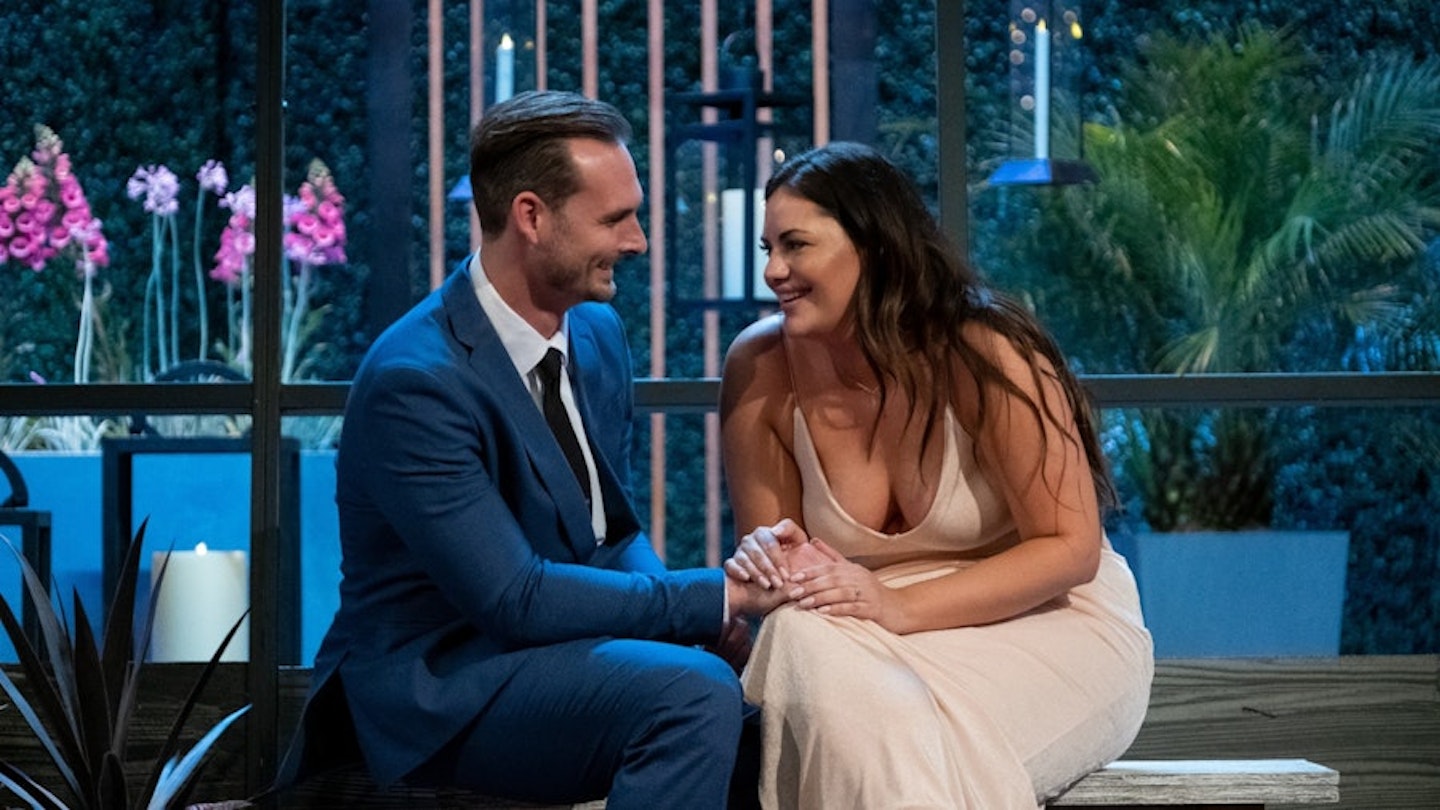A year post-pandemic and some of the habits we thought of as strictly the desperate measures of desperate timeshave somehow survived the transition back into normal life.
Take, for example, hobbies; pre-lockdown, hobbies were the domain of retirees and school children. But during those months where we were cooped up with nothing much to do, millions of us turned to wholesome fun like cross-stitching, banana bread making and gardening to keep us occupied. And, according to a recent trend forecast by women-centred dating app Bumble, hobbies will continue to be a major part of our dating lives for 2023.
With a renewed appetite for excitement and a sense of shedding our former selves, Bumble suggests that dating trends in 2023 will be all about ‘challenging the status quo and finding more balance in the way we date.’
Here’s what else you can expect to see in the dating landscape next year.
Open casting
‘My type on paper’ is sooo 2018. Thanks to a wealth of evidence that having a pre-defined template of what we want in a partner doesn’t actually work out all that well for a lot of us, Bumble predicts that in 2023 we’ll be broadening our horizons and looking for love outside of our usual parameters.
According to the report, ‘The opposite of type-casting, “open casting” refers to how 1 in 3 (38%) people are now more open to who they'd consider dating beyond their “type”. This is even more prevalent within the UK, with over half (52%) claiming this.'
Work-Love balance
Office workers have been trickling back into towns and cities over the last few months as working from home has become less imperative to the health of the workforce, but one thing that thankfully seems to be sticking around – at least for now – is the importance of maintaining a healthy(-er) work-life balance.
‘Gone are those days that our job titles and demanding work days are seen as a status symbol with half of people prioritising work/life balance (49%),’ says Bumble. ‘When it comes to their partner, more than half of people care more about their work/life balance than their career status (54%).’
What’s more, high-powered (read: high-stress) jobs are no longer the box-checker they once were, with 13% reporting they would be less likely to consider someone with a very demanding career.
Guardrailing
Another consequence of the work-life balance point has been the emergence of ‘guardrailing’, which sees daters be more open about their emotional boundaries earlier on in their courtships as well as ‘being more thoughtful and intentional about how we put ourselves out there (59%), and not overcommitting socially .’
Wanderlove
It was impossible not to indulge in a bit of wanderlust during the pandemic, when travelling even around your own country was restricted, but according to Bumble daters are opening their eyes to the possibilities for travel that international love can bring.
‘One in 3 (33%) people on Bumble saying that they are now more open to travel and relationships with people who are not in their current city,’ says the report, and with the pandemic proving that digital work can be done from anywhere, 14% of respondents are considering going all ‘digital nomad’ to facilitate their dating adventures.
Rejoice! Daters are challenging toxic masculinity
In what is surely the most heartening find from the report, 3 in 4 male respondents are now aware of the term ‘toxic masculinity’ and of how their behaviour plays into it. Hurrah!
‘More than half of people on Bumble (52%) are actively challenging stereotypes that suggest that men should not show emotions, for fear of appearing weak,' it says. 'One in 3 (38%) now speak more openly about their emotions with their male friends, and half (49%) of men agree that breaking gender roles in dating and relationships is beneficial for them too.’
A third are enjoying a ‘Dating Renaissance’
It’s no secret that the last couple of years saw the ending of absolutely LOADS of relationships, from shiny new romances that couldn’t withstand the pressures of moving in together so quickly to LTR and even marriages finally breaking under the weight of years of pent up grievances brought to the fore, with no way of hiding from them.
But if the height of the pandemic brought about relationship breakdowns, then the aftermath has seen a rise in ‘second chapters’ and triumphant returns to the dating scene, with ‘one in 3 (36%) using dating apps for the first time’ after the end of a long relationship and ‘learning to navigate new dating language and codes.’
Ethical Sex-ploration
Now, the Panny D probably isn’t entirely responsible for this, with attitudes changing gradually over the past few decades and Gen Z more open and fluid than any of their predecessors since the flower power and free love era, but there’s been a major shift in the way we approach ‘sex, intimacy and dating in an open and exploratory way,’ according to the report.
‘Sex is no longer the taboo, with more than half of us agreeing that it’s important to discuss sexual wants and needs early on (53%),’ says Bumble. ‘Over the past year, 1 in 5 (20%) have explored their sexuality more, and 1 in 8 (14%) of us are considering a non-monogamous relationship.’
And in the interest of true sex positivity – meaning, of course, that all sexualities and sexual experiences are valid and okay – Bumble also notes that ‘1 in 3 (34%) people are not currently having sex and they are ok with that, and this is particularly true for the UK (42%).’
